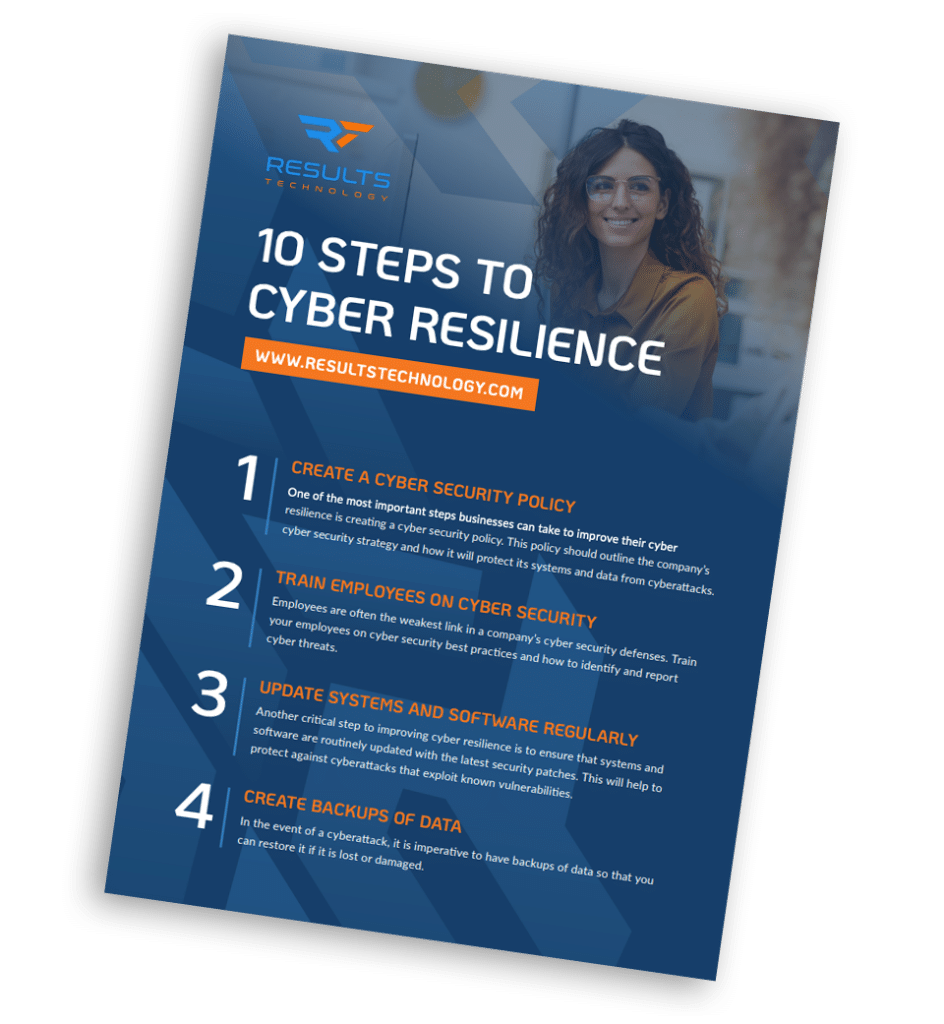If ransomware can happen to Garmin, it can happen to anyone. In a time when a large part of the population is working from home, how can you be sure your network is completely hacker-safe? As a business owner, you can’t afford a data breach, as it could cost you your clients and reputation. Employing strict cybersecurity measures can make any cyber criminal think twice about trying to break into your network. Here are some tips to protect your corporate data.
Use Two-Factor Authentication
Using a complicated password to secure your system is no longer an effective way to solve the issue of cybersecurity. We tend to use that same complex password in our email accounts or bank accounts, and if one of your logins is compromised, this can result in grave consequences.
Read more about 2-factor authentication.
Two-factor authentication (2FA) adds an extra layer of security for your systems and accounts. It can be biometric verification for devices that you own, or a time-sensitive auto-generated code that is sent to your mobile phone. This security feature works in the same way websites would require you to confirm your email address. They want to make sure that you’re not a bot or anything else. (RESULTS can add this security feature to your business, even if you’re not currently a client.)
Email Encryption
Email Encryption is a great obstruction to hackers, since it scrambles and descrambles data every time someone tries to read it. Encryption also causes compatibility issues if the data is not being accessed via the company’s own network systems. In the past, encryption has been hard to use and costly but now, it can be as simple as putting your subject line in brackets.
Watch this video to learn more about how easy email encryption can be.
Keep systems up to date
Technology is moving at a fast pace. Hackers are always upgrading their tools to take advantage of outdated security systems, so companies should do likewise to protect their valuable resources. Yet many companies don’t install software updates immediately. If the update closes existing security loopholes, delaying an update exposes you to external attacks. So install software updates as soon as they are released.
Back up frequently
Although you’ve implemented several layers to your security, sometimes hackers can still find their way in. This is why you need to back up data frequently, whether it’s on-site, off-site, or by way of cloud backups. In the worst-case scenario where your systems do get infiltrated, you can restore lost data from those backups.
Here’s a quick look at backup options and how they can affect your business.
Monitor connectivity
Many businesses have no idea how many computers they have, so it’s very hard to keep track of which computers are online. Sometimes a company’s computers and servers are online when they don’t need to be, making them tempting targets for attackers. It’s advisable to configure business servers properly, ensuring that only necessary machines are online and that they’re well-protected.
It’s much more expensive to recover from a data breach than to prevent one. If you’re looking to protect your business IT systems for potential threats, contact us today so we can help.


